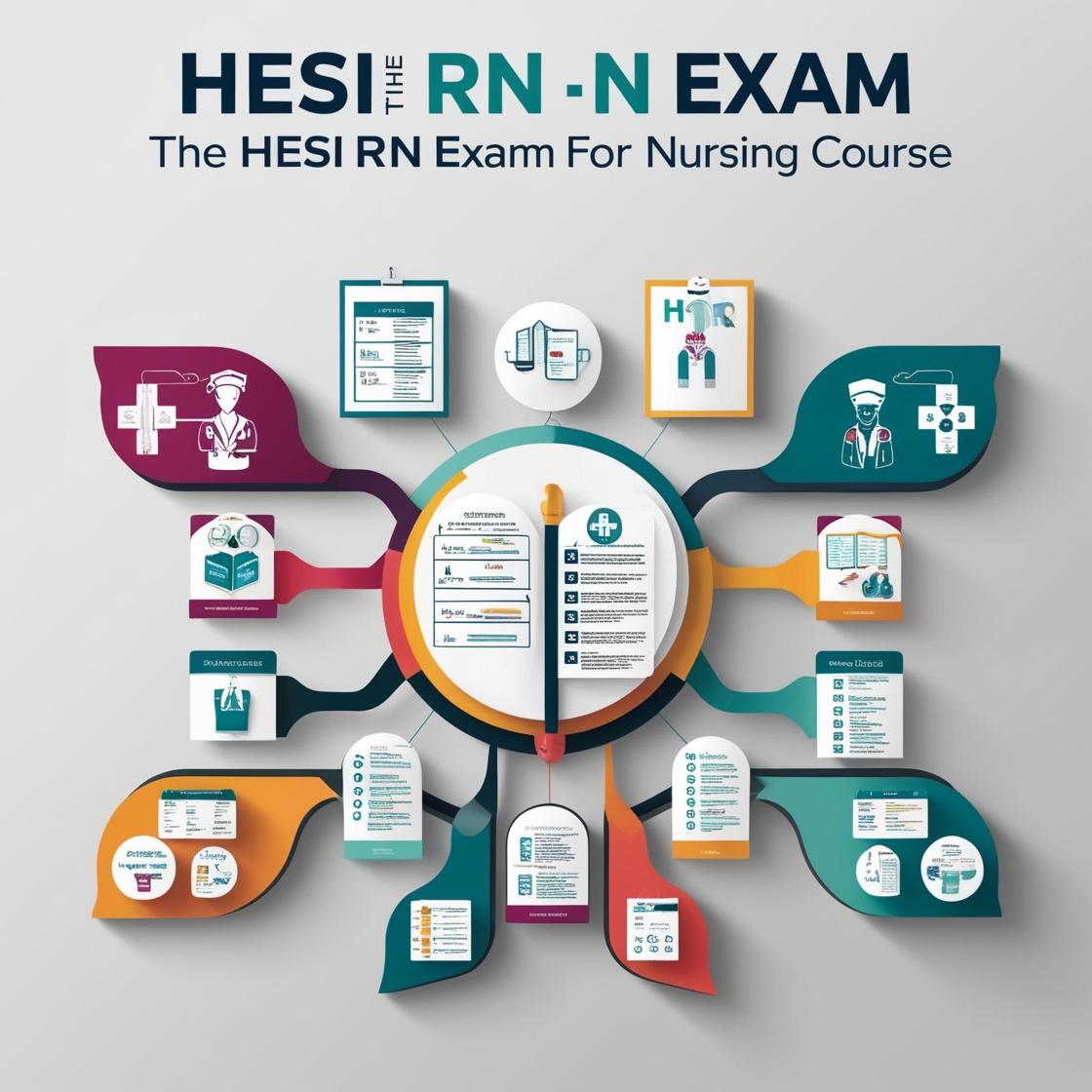HESI RN
HESI Medical Surgical Specialty Exam
1. A patient who is being treated for dehydration is receiving 5% dextrose and 0.45% normal saline with 20 mEq/L potassium chloride at a rate of 125 mL/hour. The nurse assuming care for the patient reviews the patient’s serum electrolytes and notes a serum sodium level of 140 mEq/L and a serum potassium level of 3.6 mEq/L. The patient had a urine output of 250 mL during the last 12-hour shift. Which action will the nurse take?
- A. Contact the patient’s provider to discuss increasing the potassium chloride to 40 mEq/L.
- B. Continue the intravenous fluids as ordered and reassess the patient frequently.
- C. Notify the provider and discuss increasing the rate of fluids to 200 mL/hour.
- D. Stop the intravenous fluids and notify the provider of the assessment findings.
Correct answer: D
Rationale: The patient’s potassium level is within normal limits, but the decreased urine output indicates the patient should not receive additional IV potassium. Increasing potassium chloride to 40 mEq/L is not needed as the level is normal. Stopping the IV fluids is appropriate due to the decreased urine output, which suggests potential fluid overload. The nurse should notify the provider of the assessment findings for further management. Increasing the rate of fluids to 200 mL/hour is not recommended without addressing the decreased urine output first.
2. A client who has had two episodes of bacterial cystitis in the last 6 months is being assessed by a nurse. Which questions should the nurse ask? (Select all that apply.)
- A. How much water do you drink every day?
- B. Do you take estrogen replacement therapy?
- C. Does anyone in your family have a history of cystitis?
- D. All of the Above
Correct answer: D
Rationale: The correct answers are all of the above (D). Asking about fluid intake (choice A) is important as it can affect the risk of cystitis. Estrogen levels (choice B) can also impact the likelihood of recurrent cystitis. Family history (choice C) is relevant as certain genetic factors can predispose individuals to cystitis. Cranberry juice, not grapefruit or orange juice, has been found to reduce the risk of bacterial cystitis by increasing the acidic pH. Therefore, choices A, B, and C are all pertinent questions to ask during the assessment of a client with recurrent bacterial cystitis.
3. A nurse reviews laboratory results for a client with glomerulonephritis. The client’s glomerular filtration rate (GFR) is 40 mL/min as measured by a 24-hour creatinine clearance. How should the nurse interpret this finding? (Select all that apply.)
- A. Excessive GFR
- B. Reduced GFR
- C. Fluid retention and risks for hypertension
- D. Pulmonary edema
Correct answer: B
Rationale: A GFR of 40 mL/min indicates a reduced glomerular filtration rate. In a healthy adult, the normal GFR ranges between 100 and 120 mL/min. A GFR of 40 mL/min signifies a significant reduction, leading to fluid retention and risks for hypertension and pulmonary edema due to excess vascular fluid. Choices A, C, and D are incorrect. Choice A is incorrect as a GFR of 40 mL/min is not excessive but rather reduced. Choices C and D do not directly address the interpretation of GFR but instead describe potential consequences of a reduced GFR.
4. A patient asks the nurse about taking calcium supplements to avoid hypocalcemia. The nurse will suggest that the patient follow which instruction?
- A. Take a calcium and vitamin D combination supplement.
- B. Take calcium along with phosphorus to improve absorption.
- C. Take calcium with antacids to reduce stomach upset.
- D. Use aspirin instead of acetaminophen when taking calcium.
Correct answer: A
Rationale: The correct answer is to take a calcium and vitamin D combination supplement. Vitamin D enhances the absorption of calcium in the body, making it an essential component for calcium utilization. Choice B is incorrect because calcium and phosphorus have an inverse relationship, where an increased level of one mineral decreases the level of the other, so taking them together may not be beneficial. Choice C is incorrect because antacids often contain magnesium, which can promote calcium loss instead of absorption. Choice D is incorrect because aspirin can alter vitamin D levels and interfere with calcium absorption, so it is not recommended when taking calcium supplements.
5. A client has just returned to the nursing unit after bronchoscopy. To which intervention should the nurse give priority?
- A. Assessing the client for the return of the gag reflex
- B. Administering pain medication
- C. Encouraging copious fluid intake
- D. Ambulating the client
Correct answer: A
Rationale: After bronchoscopy, the priority intervention for the nurse is to assess the client for the return of the gag reflex. This assessment is crucial to ensure the client's safety and prevent aspiration. Keeping the client on nothing-by-mouth status until the gag reflex returns is essential. Administering pain medication, encouraging fluid intake, and ambulating the client are important interventions but assessing the gag reflex takes precedence due to the risk of aspiration post-bronchoscopy.
Similar Questions

Access More Features
HESI RN Basic
$69.99/ 30 days
- 50,000 Questions with answers
- All HESI courses Coverage
- 30 days access @ $69.99
HESI RN Premium
$149.99/ 90 days
- 50,000 Questions with answers
- All HESI courses Coverage
- 30 days access @ $149.99
